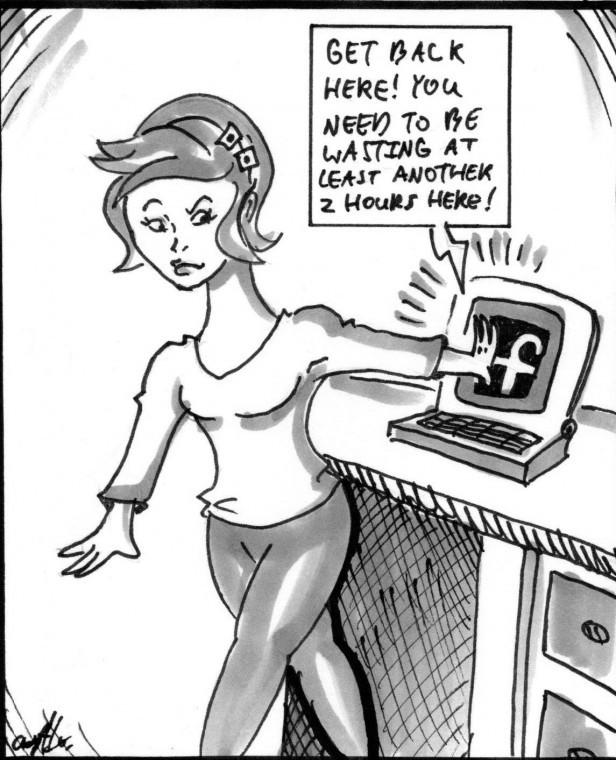Time keeps on slippin’ slippin’ slippin’ and ruining your future
November 2, 2010
A few weeks ago, I gave you some tips on how to turn your grades around midway through the semester. One thing I forgot to expound on, however, was the importance of time management. I know you may have heard it many times before, but utilizing your inactive hours can be very beneficial.
I mentioned in the last article that eliminating frequent naps can increase your productivity. Although this is true, there are other things you can do without necessarily taking away a few minutes of rest.
But before you start making changes, you should assess your current schedule.
“Evaluate where your time goes,” said Kim Baldwin, interning counselor at the Counseling and Student Development Center. “Look at a week of your schedule and determine where did you spend your time.”
It is important to determine whether or not change would be either a detriment or beneficial to your schedule. After you find ways to increase academic growth, be sure to identify opportunities to increase your leisurely time as well.
“Determine if you have enough social time and if you get enough adequate sleep,” Baldwin said.
After your planning stages are complete, find new locations that will help you utilize your time.
For example, during those long breaks in between classes, you should stop by the library. Considering the library is closer to most classes than your dorm anyway, why not spend your prep period studying for your next class. If you are tired of studying all day, surf the Internet at the library instead. Being in that environment will motivate you to go to class afterwards whereas in your dorm, you might be too relaxed to leave again for class.
“My day is usually filled because of my soccer schedule. When I do get breaks, I try to go to the library with my friends to study so I don’t waste it,” said sophomore communications major Nia Gilbert.
If your breaks in-between classes are too short to make a visit to the library, you can be use that time to go over the class notes from previous sessions. Once your memory is refreshed, following along with new material in class should be easy. Tips like this are especially useful in discussion classes where the curriculum requires participation.
After a week or so of staying true to your new schedule, reevaluate its effectiveness.
“After a week, evaluate and consider where to make changes in your schedule,” Baldwin said. Depending on your priorities, your schedule could change daily, but keep in mind these helpful tips when forming at least a template for how your school day should be formatted.
If you manage to sufficiently make use of your day, the afternoon could permit a quick rest period. However, it should be in moderation and should not conflict with any other priorities.







